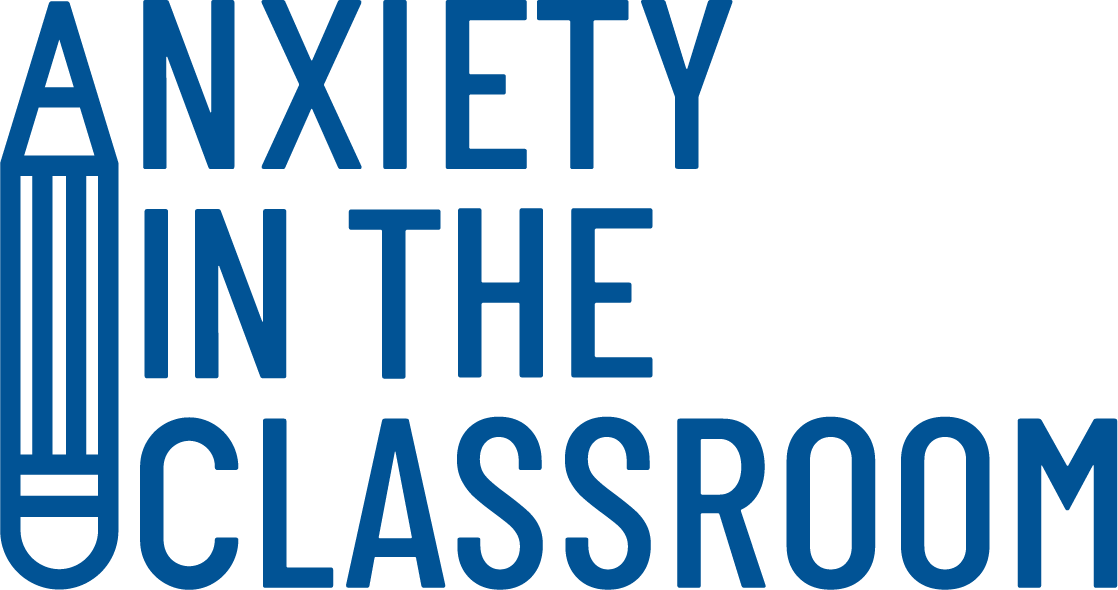Impact of Anxiety/OCD at School
Anxiety and OCD can have a significant impact on your child in the school setting. These conditions can affect how they behave in school, how well they do academically, and how they act socially.
We know that some anxiety can actually help with learning, because it helps drive students to do the work that's necessary to succeed in school. We also know that some anxiety before an important test or presentation is typical for many students. Once the test or presentation is over, the anxiety goes away.
However, a high level of anxiety that remains consistent over time is not normal. Plus, it can get in the way of learning. High levels of anxiety take control of a child’s brain and shut it down. This can make it hard for the child to do anything besides be anxious.
Some experts believe that severe anxiety like this is actually a learning disability. It makes it that much more difficult for a student to learn.
Anxiety/OCD can impact your child in both their learning and behaviorally/socially. Some of the ways anxiety/OCD can impact learning include:
Some of the ways anxiety/OCD can impact your child behaviorally/socially include:
Early identification is key
It is possible for your child with anxiety/OCD to perform as well as their non-anxious peers. However, it requires much more effort to do so and often comes with a significantly higher level of stress in the long run. Therefore, it is important as a parent/guardian to pay attention to your child’s work patterns and techniques rather than just their grades. Compare what you notice at home with what you might hear from their teachers or other school staff. Early identification of academic, behavioral, and/or social challenges can help you work together with your child and their school to address obstacles to your child’s school performance before they become serious.



